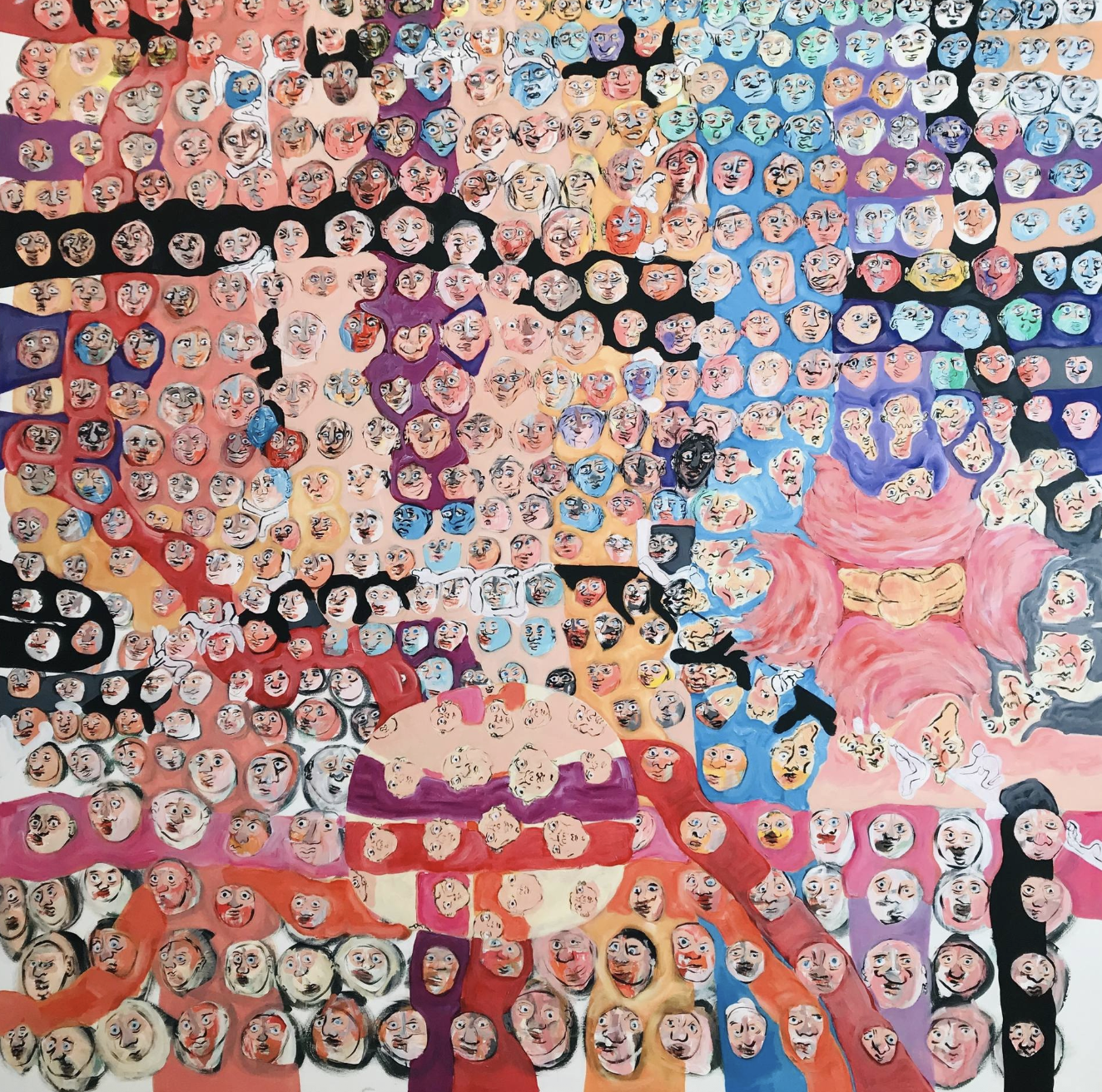Pluriversality is a concept articulated by decolonial theorist Walter Mignolo as a counter to the universalist claims of Western modernity. Where Eurocentric thought has often positioned itself as the single measure of truth, progress, and rationality, pluriversality insists that many worlds exist, each with its own ontologies, epistemologies, and lifeways. What colonialism named as “other” or “lesser” are in fact parallel and legitimate ways of being that have been suppressed by the framework Mignolo calls modernity/coloniality.
In this sense, the pluriverse is not a utopia but a horizon of coexistence. It names the possibility that diverse cosmologies, systems of knowledge, and practices can flourish together without being folded into a single global script. Colombian anthropologist Arturo Escobar has extended the idea into design, advocating for “designs for the pluriverse” that allow communities to create worlds in line with their own values and ecologies. The Zapatistas of Chiapas embody this principle in action, organizing schools, assemblies, and territorial autonomy not as a universal model but as one way of living otherwise alongside others.
Pluriversality does not propose relativism, where all truths blur together, but rather a politics of encounter in which many truths can stand side by side. As both concept and practice, it challenges the homogenizing vision of globalization and reopens space for difference. It is a reminder that the future is not singular but manifold, already unfolding across the many worlds that exist within this one.

Image from Saatchi Art.


